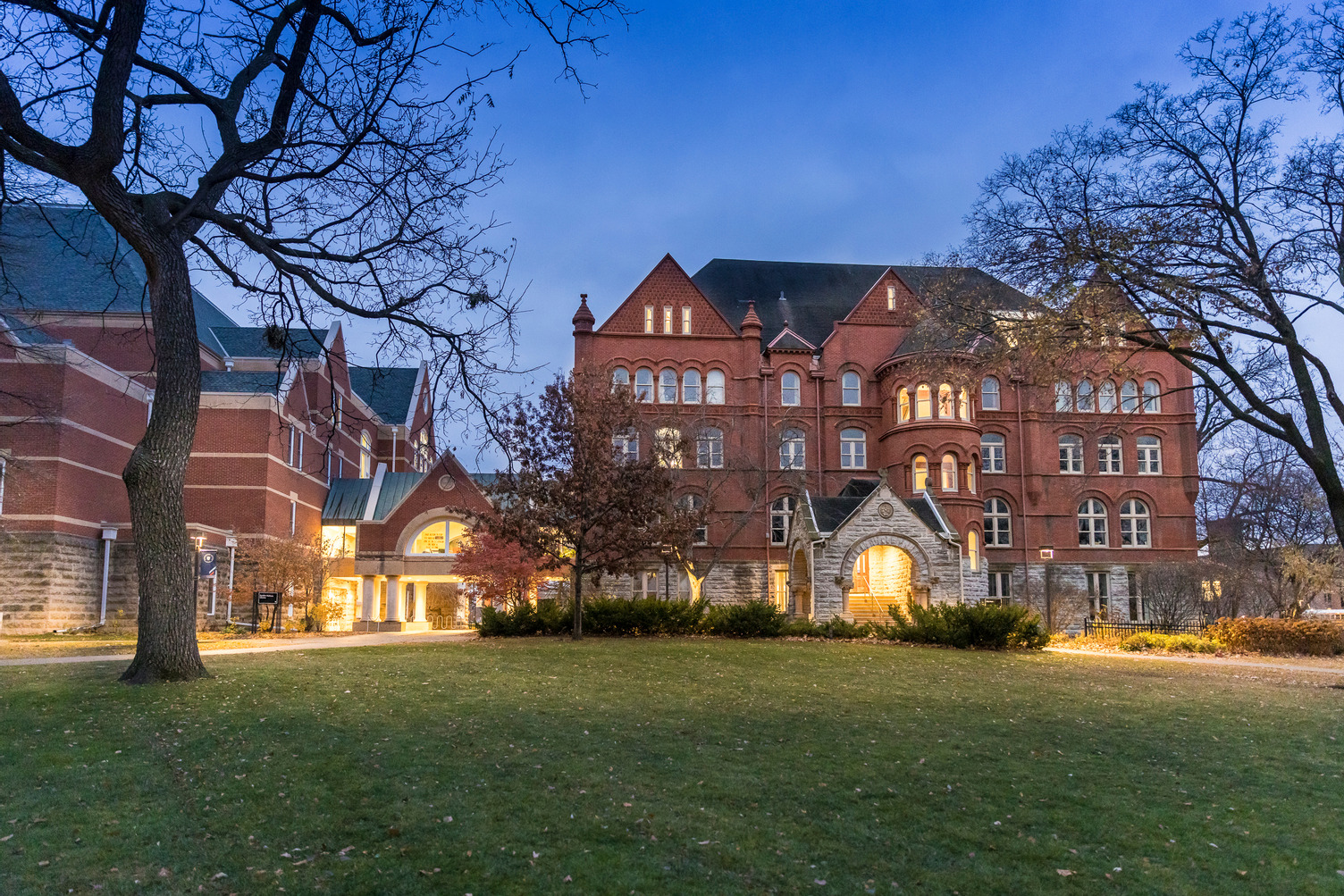
Staying in Minnesota for the break?
Find out what your options are during breaks.
Contact
International Student ProgramsHours
International students in the U.S. in F-1 status may not accept off-campus employment unless they receive authorization from ISP. If your feet are on U.S. soil, you need employment authorization including for remote work. Working without authorization is one of the most serious violations of visa status and can result in your status being terminated. It can also result in immediate deportation. Please talk to Luyen, Molly, Britt or Laurie if you have any questions about employment authorization, or visit our Government Regulations page to learn more about work authorizations and CPT.
The Macalester Academic Excellence (MAX) Center assists students with math, science, and writing, as well as time-management skills and study habits. They offer resources and tutors for those who struggle with studying in the U.S. for the first time in regards to writing and cultural differences in classroom settings.
Center for Disability Resources assists students who require academic accommodations. These are offered to approved students and can be requested at any time for physical, psychological, learning, or circumstantial disabilities. Accommodations include note-taking, books on tape, a private environment for taking exams, and other. See their website for more information.
Academic Integrity is taken very seriously at Macalester. Students are expected to maintain the highest standards of honesty; violations of academic integrity are serious offenses. Students found guilty of any form of academic dishonesty – including forgery, cheating, and plagiarism – are subject to disciplinary action. Standards of academic dishonesty may vary from each country, but students are expected to follow the U.S. standards and practices at Macalester.
If you are thinking of taking a Leave of Absence (a semester or year off), begin by talking with someone in the Office of Student Affairs about what you are thinking and they can assist you in navigating the process. Also, set up a meeting with ISP professional staff to understand how a LOA would affect your student status and other plans.
If you would like to drive in the United States, you must obtain a driver’s license. For more information see ISP’s page on How to Obtain a driver’s license or other Minnesota state identification. Please note that an International Driving Permit (IDP) is NOT a valid driver’s license. An IDP serves as a means of translating the information on your foreign license to English.
If you choose to buy a car in the United States, the law requires you to purchase car insurance. If renting a car or using a car sharing services (such as Hourcar), you have to pay additional insurance for renting the car or it may be included in your rental fee.
To be prepared for any situation, make sure to read about What to Do After a Hit and Run.
If you get pulled over or stopped by the police, it is important to know your rights. Here are some resources that can help if you find yourself in such a situation:
After their second year at Macalester, students have the option of living off campus. You can find information on the Off-Campus Housing website. Some basics:
Residential Life maintains a list of off-campus housing available in the College area for students who are interested. There are numerous other sources that you can use to find suitable off-campus housing.
Once you know you want to live off campus and have found a place, it is important to know the following information:
A lease is a binding legal contract between you and the property owner or landlord. When you sign a lease, you are obliged to pay the landlord monthly rent for the duration of the lease. Most leases are for 9 or 12 months, and it is usually very difficult to break or alter a lease. Therefore, before you sign, you should be reasonably sure that you can live with your decision for the duration of your lease. Never sign a lease unless you are completely satisfied with the apartment and surrounding property. Sign only when you understand and approve all the terms of the lease.
With permission from your landlord (you should discuss this with your landlord before signing a lease), you may be allowed to find a tenant to take your place for the remainder of your contract, or during winter and summer vacations should you decide to travel. If you sublease your apartment or house to other tenants, however, you probably will remain responsible for their actions.
Security deposit: When you sign a lease, you will typically be required to pay a security deposit, usually equivalent to at least one month’s rent, as well as the rent for the first month. The security deposit will be returned to you when you move out, provided you leave the apartment in good condition. In addition, you may incur expenses that you would not incur on campus. For example, most apartments come equipped with basic appliances such as stove and refrigerator, but you may need to purchase or rent a bed and other furniture, as well as kitchen equipment, a telephone, and other items. Also, you will probably be responsible for paying the cost of your internet and telephone deposit and utilities: water, electricity, and gas. The utility companies may require you to pay a deposit before service is activated. These deposits will be refunded to you or credited to your account when you terminate your service, provided you have paid all of your bills.